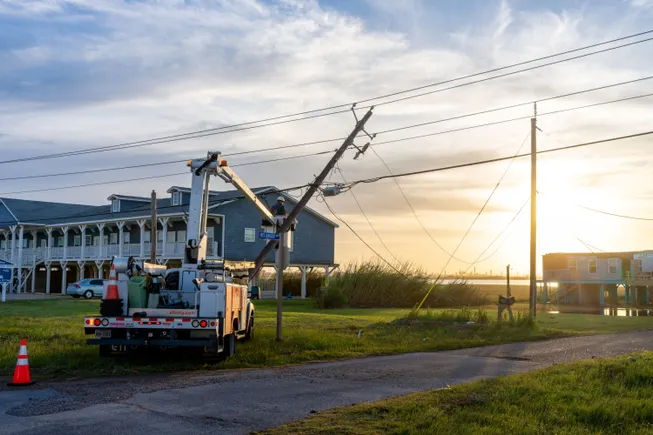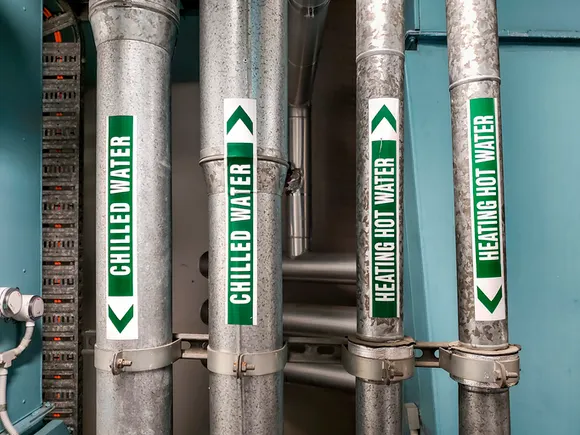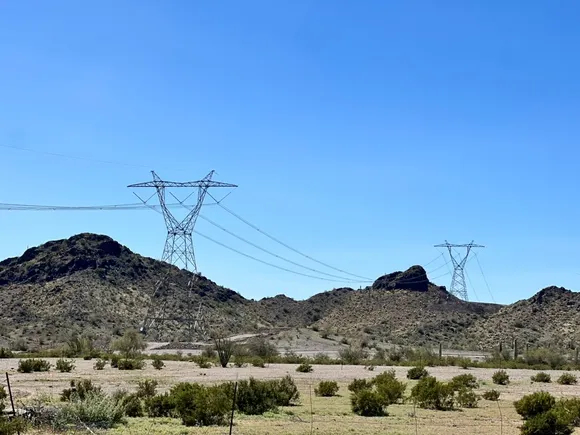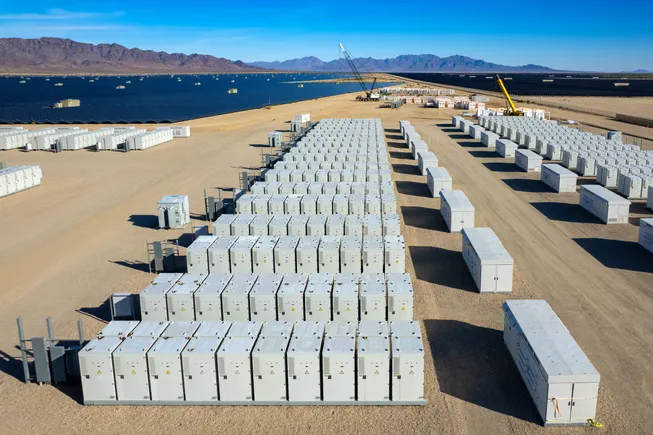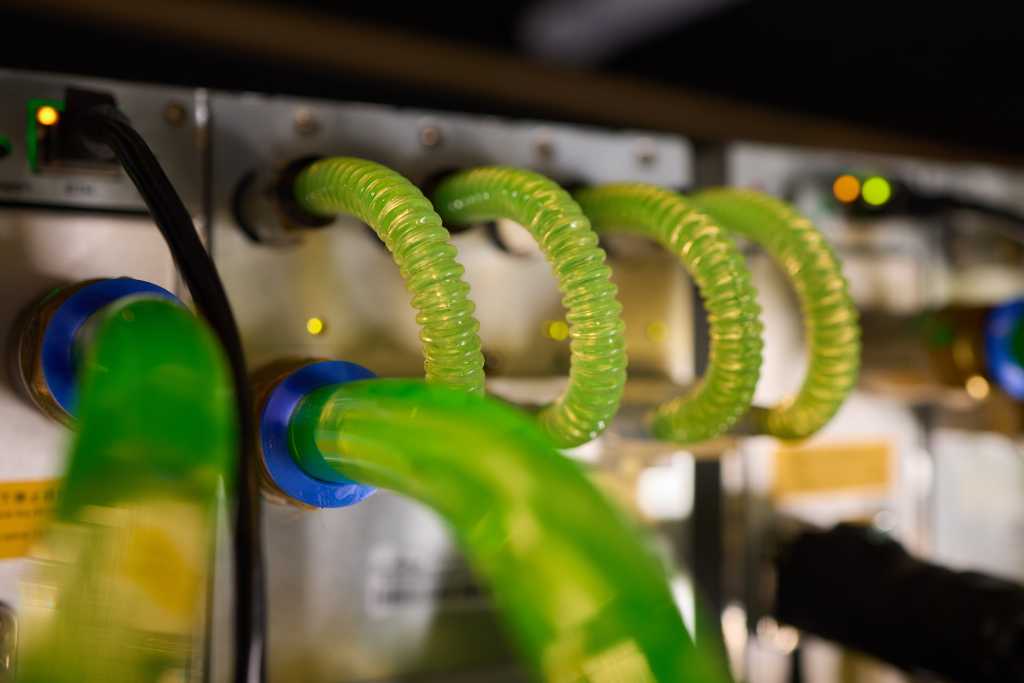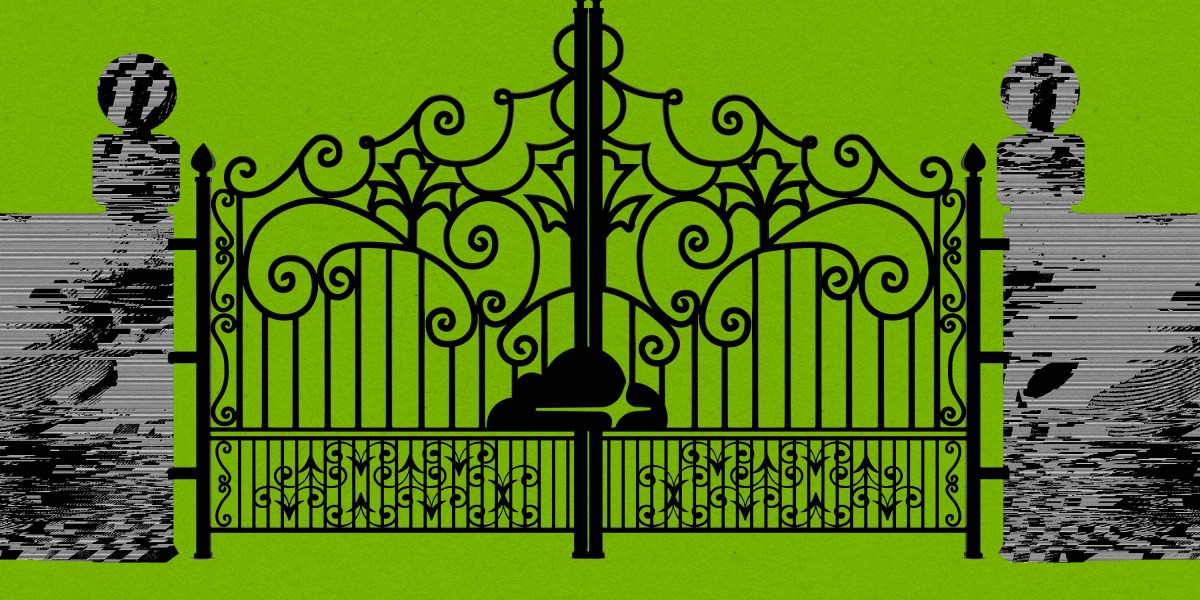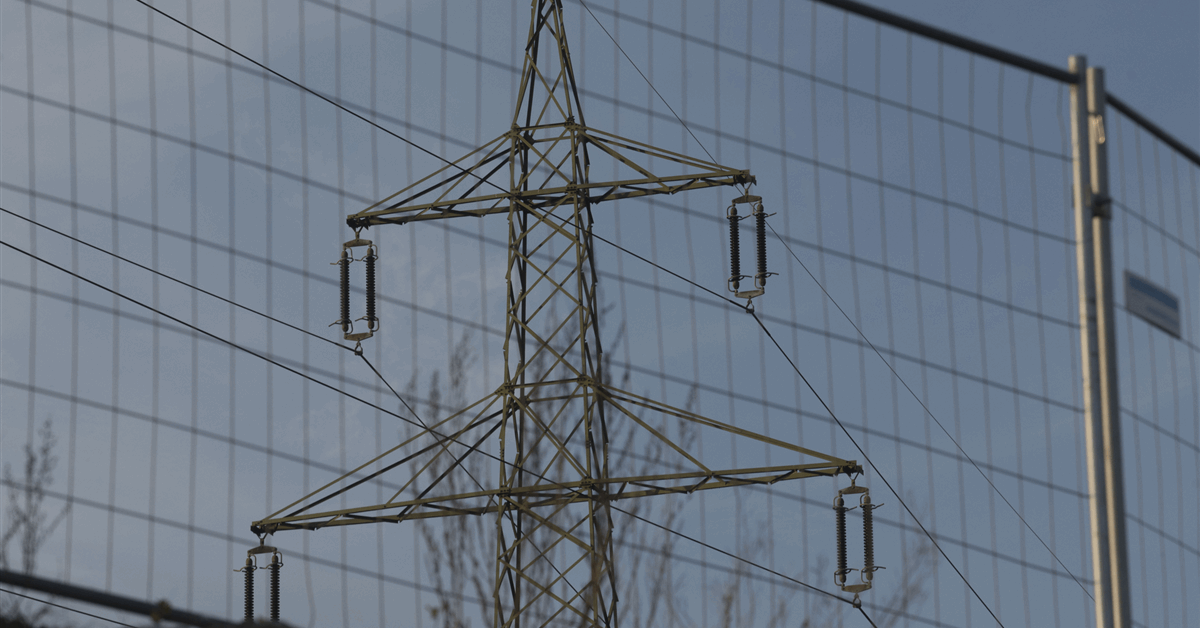
The European Commission has appointed a coordinator to ensure the completion of a project to decouple the power grids of Estonia, Latvia and Lithuania from Russia as the deadline looms, citing “urgent needs”.
“These 3 countries remain the last EU countries synchronized with networks of non-EU countries, in this case Russia (including Kaliningrad) and Belarus”, the Commission said in an online statement.
“Their synchronization with the EU networks is one of the most urgent priorities for EU energy infrastructure, and has already received political, technical and financial support for the past 12 years.
“With the target date for completing the synchronization in February 2025 and additional measures to be implemented in the years to come, the Commission is keen to ensure the closest possible coordination between the respective EU countries and the Transmission System Operators”.
Catharina Sikow-Magny, the coordinator, previously served as the Commission’s director for the green transition and energy system integration.
In November 2024, the transmission system operators of the three Baltic states announced they had jointly agreed to pull out of the BRELL agreement of February 2001, which links them to a grid in which the electricity frequency is controlled by Russia, on February 7, 2025.
Synchronizations tests will then follow, according to statements by Estonia’s Elering AS, Latvia’s Augstsprieguma tīkls AS and Lithuania’s Litgrid AB.
On August 3, 2023, the governments of Estonia, Latvia and Lithuania agreed to quicken the decoupling project and their integration with continental Europe nearly a year earlier than previously agreed, in a move prompted by Russia’s invasion of Ukraine.
Under a joint declaration by their prime ministers “the deadline for synchronization is brought forward from the end of 2025, as initially established by political declarations in 2018 and 2019, to February 2025”, the European Commission said in a press release then.
The August 2023 declaration cited risks from the Russia-Ukraine war. The war, launched by Russia February 2022, “significantly deteriorated the energy security situation in the region and increased the risks of unplanned de-synchronization of the Baltic states’ electricity systems from IPS/UPS”, read the text, referring to the grid system linking the three countries to Russia.
The three nations’ electricity supply systems are already connected with European partners Finland, Poland and Sweden. “For historical reasons, however, the Baltic states’ electricity grid is still operated in a synchronous mode with the Russian and Belarusian systems”, the Commission explained. Estonia, Latvia and Lithuania were part of the Soviet Union.
The new declaration said decoupling from the Russian system and “achieving energy independence from Russia” are “tied to our security and continuous economic development”, adding “the synchronization of the Baltic States with the Continental European Network holds strategic importance not only for us but for the entire European Union”.
The three governments have agreed under the declaration to “redouble concerted efforts and full mobilization in ensuring political support for de-synchronization from IPS/UPS and achieving the synchronous operation of Baltic states’ electricity systems with the Continental European Network not later than by February 2025”, stated the text.
The synchronization is a priority project of the European Union and has received over EUR 1.2 billion ($1.24 billion) in funding from the Connecting Europe Facility for Energy, the Commission said at the time.
To contact the author, email [email protected]
What do you think? We’d love to hear from you, join the conversation on the
Rigzone Energy Network.
The Rigzone Energy Network is a new social experience created for you and all energy professionals to Speak Up about our industry, share knowledge, connect with peers and industry insiders and engage in a professional community that will empower your career in energy.
MORE FROM THIS AUTHOR



